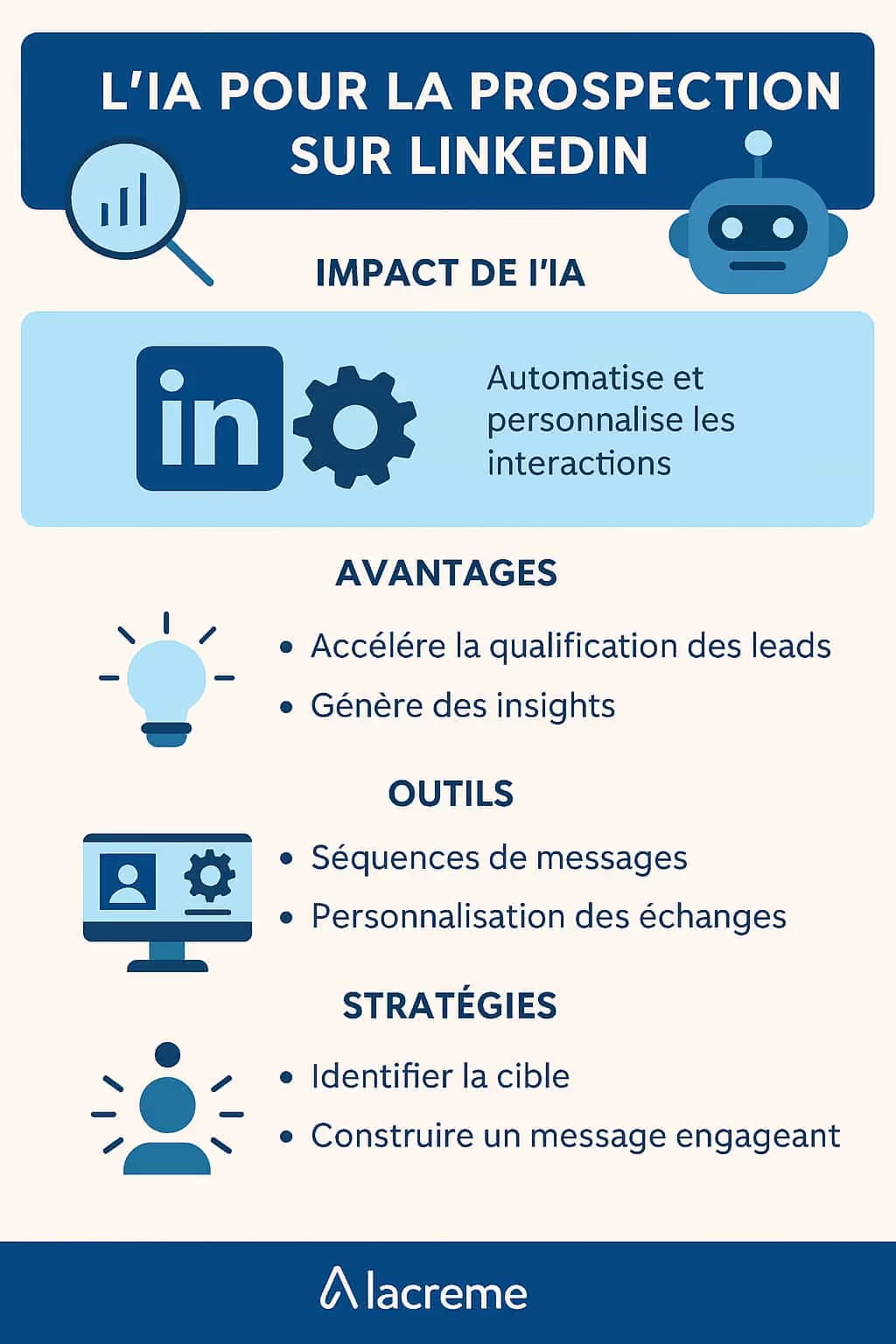State of play of artificial intelligence in psychotherapy
A revolution in progress: Definition and applications
AI, designed to simulate human intelligence and perform tasks such as decision-making, is manifested in a variety of ways in psychotherapy. Of therapeutic chatbots to algorithms capable of analyzing language and emotions, the applications are multiple and innovative.
The role of AI in modernizing practices
The contribution of AI to the improvement of diagnostic and therapeutic methods is undeniable. It allows you to personalize the treatment,optimizing intervention strategies and to offer services accessible remotely.
The impact of AI on the therapeutic relationship
Strengthening or replacing the therapist-patient relationship?
While some question the ability of AI to replace human interaction, others see these tools as a way to enrich and support the therapeutic relationship, thus promoting the healing process.
The balance between technology and the human approach
The essence of psychotherapy lies in the trusting relationship established between the therapist and his patient. While AI can optimize some aspects of practice, it cannot replaceessential human element to the establishment of this relationship.
Artificial intelligence and the management of psychotherapy offices
Process automation and increased efficiency
The adoption of AI for process automation administrative and patient follow-up allows psychotherapists to devote more time to their core business, while offering better responsiveness and quality of service.
Data protection and confidentiality issues
The management of sensitive data is a pillar of psychotherapy. AI thus raises questions about the securing information and respect for the confidentiality of exchanges between therapists and patients.
Training and skills required in the face of AI in therapy
Adapting psychotherapists to AI tools
The use of AI in psychotherapy requires professionals to improve their skills. La continuing education becomes essential to master these new tools and integrate them effectively into therapeutic practice.
Ethical issues and specialized training
The dilemmas Ethical concerning the role of AI in psychotherapy are challenging the professional community. Specialized training programs are developed to understand these aspects and integrate ethical thinking into the use of technologies.
Future and prospects of AI in the field of psychotherapy
New challenges and professional opportunities
THEAI integration opens up horizons of specialization for psychotherapists and offers opportunities for further personalization of therapies. However, it also raises challenges in terms of confidentiality and patient acceptance.
Preparing your office for the integration of AI
Preparing practices for these new technologies requires a investment in training and in infrastructures. It is essential to think about how these tools can be integrated in a coherent and ethical way in the service of sanity.






